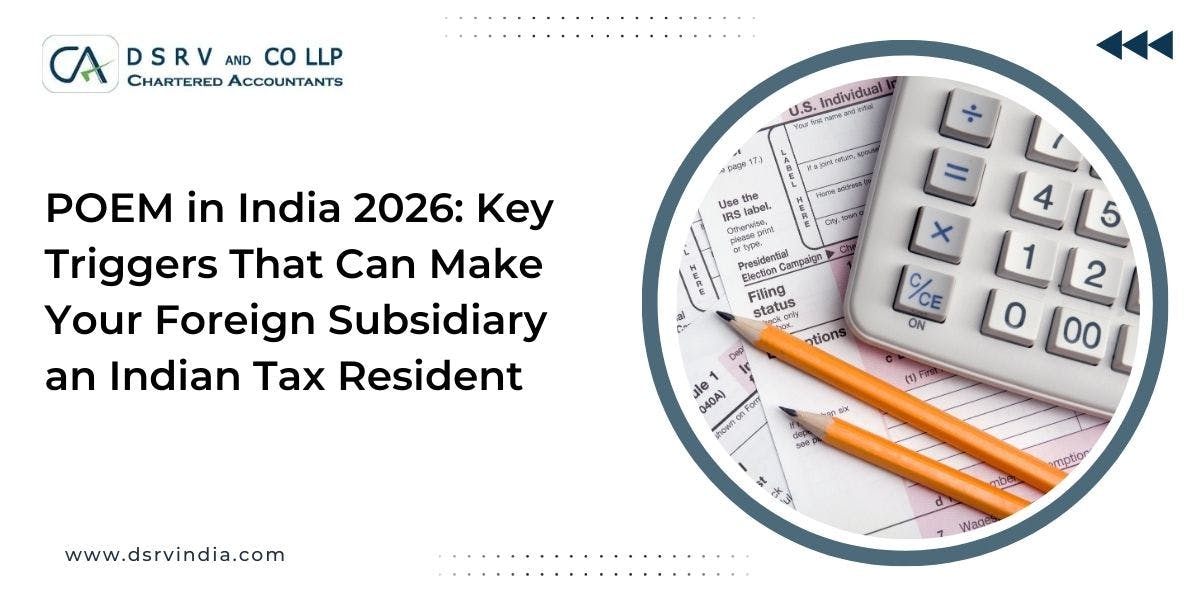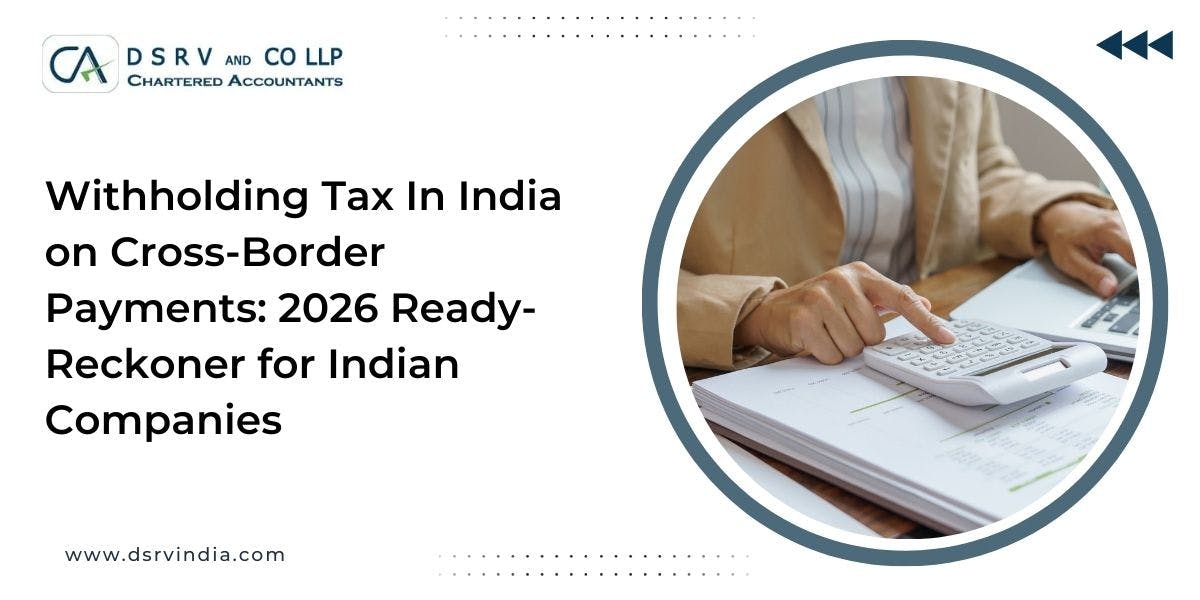Recommended: Corporate Tax Filing Obligations for Foreign Companies in India
Key Compliance for a Foreign Subsidiary Company in India
A foreign subsidiary company needs to fulfill mandatory compliance under Sections 380 and 381 of the Companies Act, 2013, which includes:
Form FC-1
The FC-1 needs to be submitted by FSCs within 30 days of incorporation in India. You also submit essential documentation along with an attested copy of approval from the Reserve Bank of India (RBI) under the Foreign Exchange and Management Act or Regulations. If you require professional assistance with FEMA Compliance, please reach out to our consultants today.
Form FC-3
FSCs are required to file with the Registrar of Companies (ROC). The form must contain details about the financial records of the company and include information about the place of business of the FSC.
Form FC-4
The FSC needs to file annual returns of the company in the FC-4 form within 60 days before the final day of the financial year. Documents that are to be delivered from the foreign company can be sent to the Registrar of Companies with jurisdiction over New Delhi.
Financial Statements
Every FSC registered in India needs to submit its financial statements of the Indian business operations within six months before the end of the financial year. They should furnish the following statements or information:
- Statements of transfer of funds
- Statements of repatriation of profits
- Statements of related party transactions
If you require professional guidance related to Cross Border Transactions, then contact our tax consultants today.
Audit of FSC's Accounts
Every FSC needs to properly arrange and get the accounts related to the Indian business operations audited by one of the Chartered Accountant Firms in Gurgaon in agreement with clause (a) of sub-section (1) of section 381 and rule 4.
Authentication of Translated Documents
The documents that are submitted by the FSC to the Registrar of Companies should be in English and need to be authenticated by a practicing lawyer in India.








